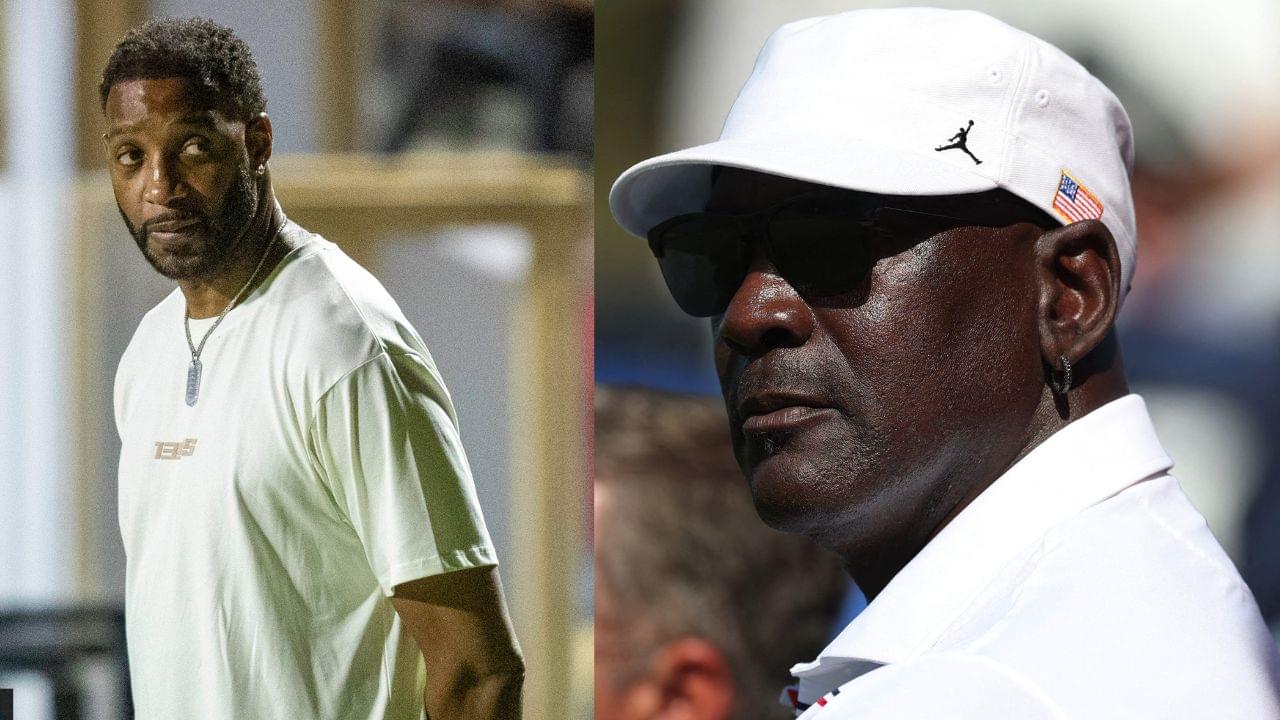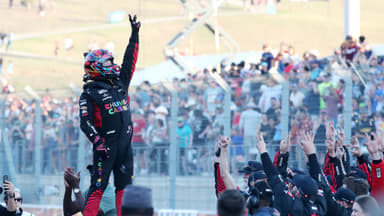The NBA season has always been physically demanding, with the load arguably increasing over the years. While there have been some serious strides made in fields of medicine, diet, and fitness, 82 heavily-contested games a year are bound to create quite a lot of strain on the bodies, and, needless to say, injuries. Mostly, it depends on the team management to figure out which of their athletes need to sit out a few games, managing their workload.
Advertisement
However, things don’t often work out in terms of load management of athletes. Just ask Tracy McGrady, whose career was marred by repeated injuries. McGrady, who played in the league from 1997 to 2013, has claimed that he had always wanted to play every one of the 82 games on schedule. He was only able to do it twice.
From a herniated spine to microfracture surgeries, McGrady endured 15 major injuries. So when Michael Jordan recently stated that load management shouldn’t exist in the NBA because players have a duty to the fans who pay for tickets to come watch them, McGrady had something to say about it.
Responding to Jordan’s recent remarks, Carmelo Anthony disagreed, conceding that the GOAT didn’t need it because he was simply one of a kind. And that triggered a discussion among the NBA on NBC panelists.
Anthony said that he understood why athletes wanted to take a break and preserve their bodies and why teams allow it as a strategic decision. TMac then asked Vince Carter, who played well into his 40s, if he would have liked to manage his workload better.
Carter explained that he had come into the sport with the understanding that he had to play as many games as humanly possible. When McGrady pressed him about his injuries, Carter insisted that he would still want to play as much as he could.
“Even in the back end, when I was in my 40s playing … even at 43, when they were trying to manage me, to keep me … able to play as many games as possible, I said, ‘no, don’t do that.’ That’s not what I was used to. But I prepared myself for what the grind of an NBA season looked like,” revealed Carter, who noted that Jordan himself played 82 games a season for 11 years straight.
According to Vince, Jordan had set the bar for everyone who played in the NBA at the time. “If you played 60 games, you were viewed differently,” he added.
McGrady nodded in agreement, noting that back in his early days in the league, guys like Karl Malone and John Stockton were playing 82 games and then deep into the playoffs, too. They set the benchmark for McGrady’s generation to emulate.
However, McGrady also clarified that he understood both aspects of the argument on load management. “I tried to play every game. But then, looking back, all my career and now load management is in place, do I wish I had? Yes, absolutely,” he stated.
“I wanted to be playing longer in my prime. I didn’t get that many years in my prime. I had 3 years in Toronto as a young pup trying to learn the game. Then, seven solid years as a prime player, I wish I had more of that on the back end of my career,” he added, regretfully.
This is not to say the load has to be managed by sitting out games without being injured or not putting your 100% out there on the court. Carter argued that players now understand sports science better and hence can reduce the workload in practice sessions and be smart about it.
From the discussion between the three NBA legends, it was clear that load management is an impossible debate to resolve. The best one can hope for is that players get smart about how far they can push their bodies without shortening their careers.







